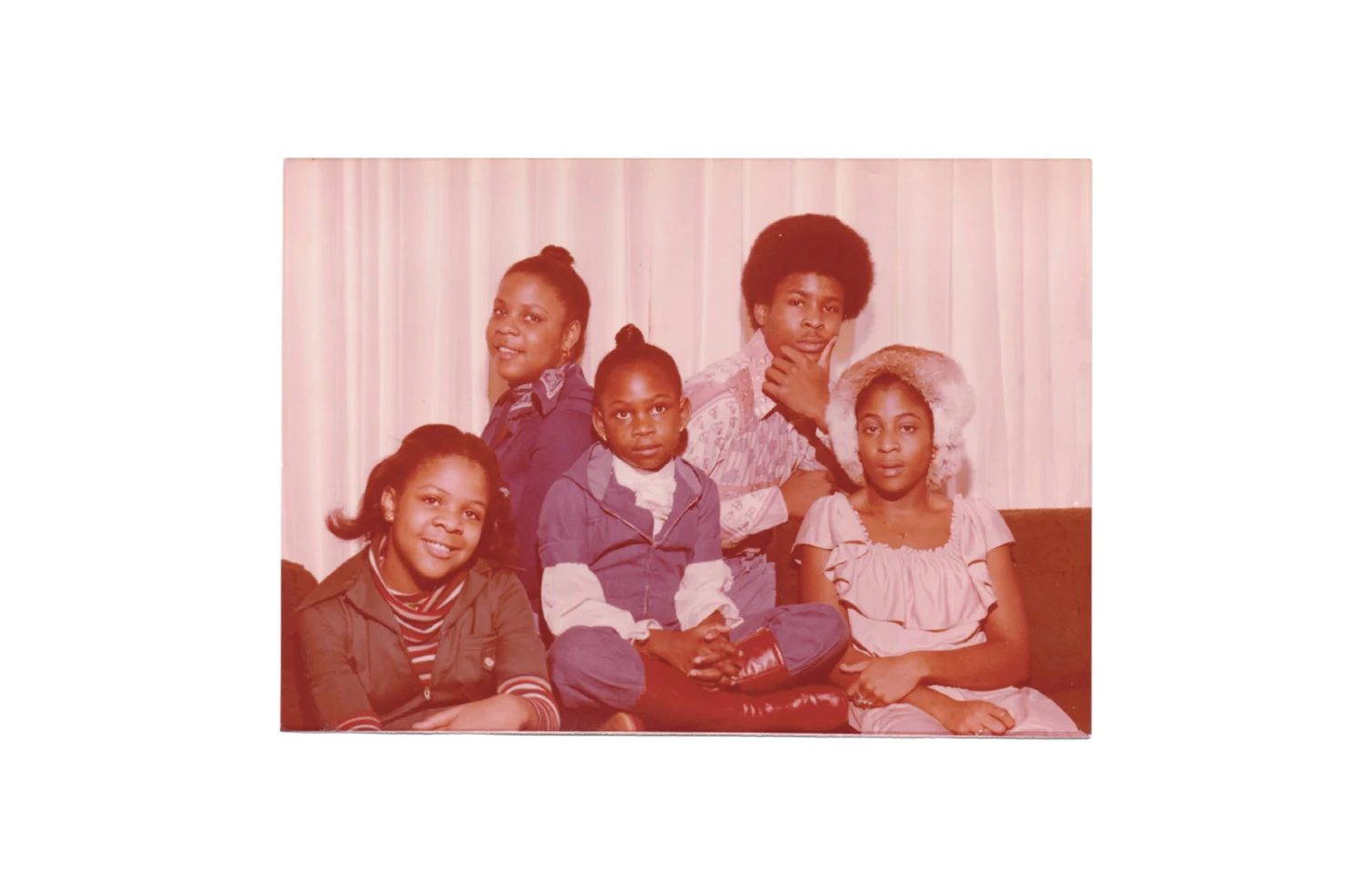the 15th amendment & the voting rights act of 1965 went to randalls supermarket
“But Lord, Your endless love stretches from one eternity to the other, unbroken and unrelenting toward those who fear you and those who bow facedown in awe before you. Your faithfulness to keep every gracious promise you’ve made passes from parents, to children, to grandchildren and beyond.”
Psalms 103:17
The problem was we did not see our riches. We did not know anything about all the laundry tubs of other folks’ dirty drawers that my Mama Octavia took in and washed and dried and pressed and folded for dollars.
We did not know anything about our uncles laying all those railroad tracks for miles and miles and miles—or anything about Papa digging for coal day after day covered in earth and soot.
We didn’t believe that our mother or our aunties truly, actually picked cotton for food. Surely not. Those were just stories to make us feel guilty for asking for change for the ice cream truck. They said that stuff but we knew better.
Never in our lives had we ever felt a clean swept dirt floor beneath our feet. Only carpet and linoleum. They came standard in the newly built constructions in which we lived and tsked, tsked because we wanted the carpet to be plusher and the linoleum to be marble. We didn’t know this was their idea of luxury. We’d never visited the shanties and the shacks of their childhoods.
So, how were we to know that they expected our gratefulness?
How could we possibly understand that they needed our thankfulness?
How did we not see that they were holding their breaths for all those years—working and working—just waiting for us, their ungrateful, blame-filled children to look at them with wonder and amazement and say a very simple, “Thank you.”
Last Monday, I met a friend for coffee and donuts and we talked about the state of the world. Our black and white faces, experiences and causes all mingled above the hubbub of the donut shop that was rinsed in sunlight (and had the subway tiles of my dreams). We talked about everything because it’d been a while and we were both eager to see another friendly reminder that we are not alone. We are not crazy. We left feeling ourselves, and so, I went to vote as the next thing on my list before a Target run and returning emails and teaching a class later that evening.
I went to vote at the Randalls grocery store off William Cannon and Mopac because it was conveniently located between my last stop and my next. I would run in and vote and then pick up toilet paper, snacks, a poster board and thus cross-off Target from my list.
I passed through the door and was directed to a 30-45 minute long line. Thirty minutes to forty-five minutes? On a Monday? In the middle of the day?
Though I was greeted with kindness and welcome, I was the only black woman waiting to cast a ballot, and I was wearing my Afro big and floppy, feeling obvious. So, I could not leave. Leaving made more sense. I had things to do. I wanted to go and do them and come back later when it was more convenient.
Several white women who looked my age and who were probably carrying the same to-do list had the same idea. They turned on their heels and vowed to come back tomorrow or go later when it was more convenient. They hadn’t budgeted the extra 30-45 minutes. Nor had I, but my white neighbors were watching.
And, my granddaddies, grandmas, father, mother, aunties and uncles, and all my great, great, greats had waited their entire lifetimes to wait in line for this small gesture of freedom. They waited their whole lives to wait in a line that would not require them to have to paid a tax, or have all their paperwork in order and matching, or know their letters enough to pass as literate. They waited their whole lives to not have to wade through a sea of white, angry waves, a burning cross, a rope, an eviction notice, a job dismissal greeting them on the other side.
I remember one morning when I was just a girl—maybe in 5th grade—I watched my grandmother and grandfather carefully dress to go cast their vote. Willie Alvis wore his clean, starched white shirt, his gray suit and black tie. Margaret, his wife, wore one of her Sunday best dresses that came respectfully to her knees with her tan nylons and low-heeled pumps. I remember Grandpa placing his Sunday hat on his head and taking his bride by the hand to lead her to the car. I remember when they pulled out of the driveway, I had another 20 minutes before I had to get to the school bus stop. The realization that I was free to take whatever I wanted from the kitchen—even from their room—intoxicated me. I could change my outfit! Who could stop me? So, I exercised my freedom with abandon. I ate another slice of toast with too much butter and grape jelly and I took all the quarters from their dresser top like a starved street urchin, but who was neither hungry nor poor.
Forty years later, I stood 45 minutes in line finally paying penance for the freedom I stole that day. I stood and talked with my white neighbors about how long the line was, and how this store was never this busy and of course, the weather.
Then it was my turn.
I cast my vote for today, and hopefully for the future. In remembrance of all those who had gone before me, I cast my vote.
To Willie and Margaret whose lives I could not fully see, and who I never thanked:
“Thank you. I am so proud to be your granddaughter, Grandma and Grandpa. You looked so grand that day—a king with his queen. Thank you for the extra slices of toast, the butter, the grape jelly, and the quarters. I’m sorry I stole them from you. Please, take this vote as my payment in full.”










